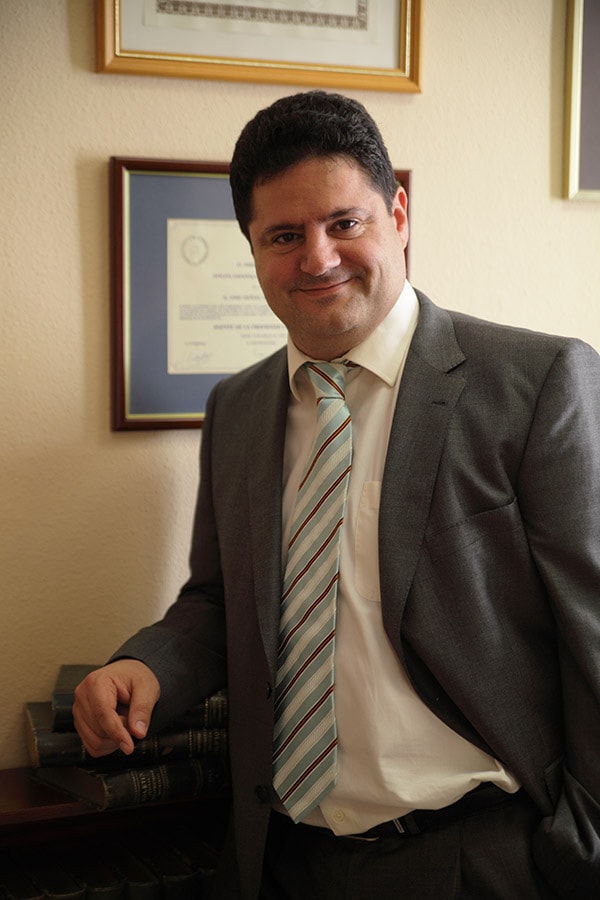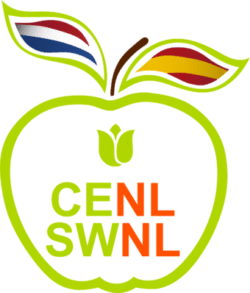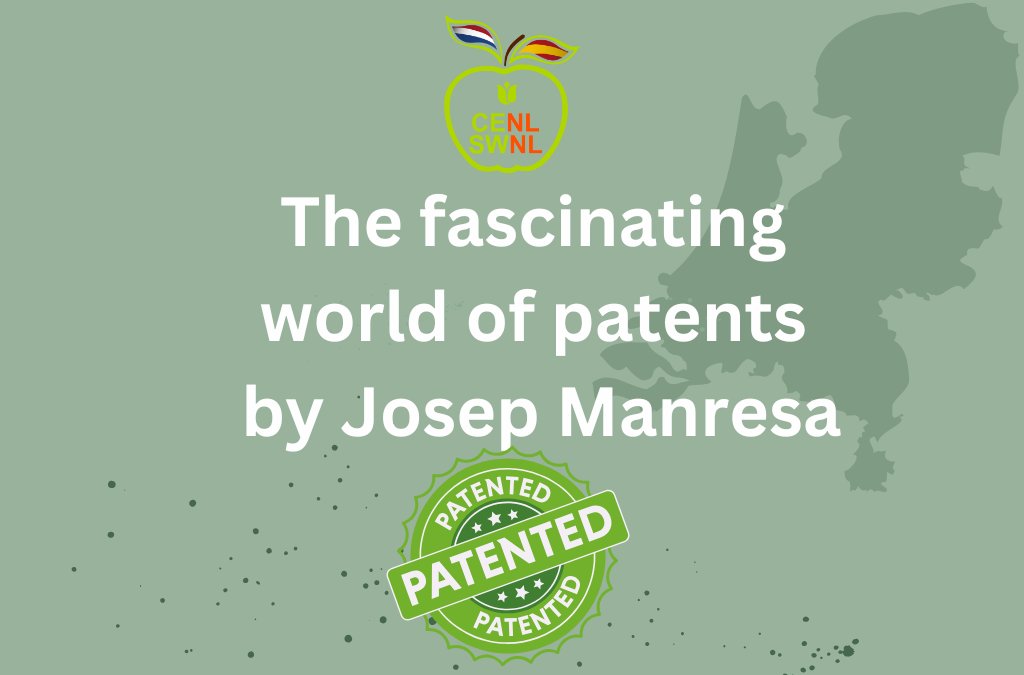Josep Manresa, a law graduate specializing in intellectual property, is a patent attorney in Barcelona and Rotterdam. Read on to see how fascinating the world of patents is and, if you are interested, how to get there.
What is your job as a patent agent?
I help inventors protect their ideas and not “borrow” them without permission. This involves background research, drafting applications, defending them before examiners (who sometimes enjoy stonewalling us), and celebrating when, after much effort, the patent is granted. There are also less glamorous moments, such as explaining to a client that their “revolutionary idea” already exists… and that someone patented it in 1922.
What do you like most about your job?
How much I learn. Every client is a universe of knowledge; if you’re curious, every day is a new lesson. Quantum physics on Monday, biomaterials on Tuesday, artificial intelligence on Wednesday… and so on until you feel like the king of Trivia (but with fewer prizes and more coffee).
And the least?
Telling a customer that a precedent prevents patenting the invention he has developed. Nobody likes to have their illusion broken, primarily when they have invested time and money in their idea. It isn’t easy because you must have many left hands to avoid touching your pride. Some resist because none make the inventions commercialized, but they exist. Others pass you by and patent it with another who doesn’t mind registering something that doesn’t meet the standards (it’s like if a doctor warns of something and one then goes to a quack).
Do you have frequent contact with scientists?
All the time. The most likely to patent with us are physicists and mathematicians (who have a special connection with patents) from Spanish SMEs. Chemists and pharmacists, on the other hand, tend to move to large international companies, although startups in these sectors have recently become fashionable. In the medical world, there are two types of innovators: those who develop treatments to save lives and those who invent devices to make them more comfortable. Interestingly, the former tend to be in large laboratories and the latter in small companies.
Are there any examples of scientific patents that have particularly caught your attention?
I remember a customer who was an exceptional person. He knew by popular tradition that coffee husks (the skin surrounding the coffee bean thrown away after roasting) had healing properties, but he did not know which ones. He tested the product on his skin with the coffee husks and saw that he improved some of his cutaneous lesions. With psoriasis, for example, the result is that it disappears or improves a lot, making people’s lives easier.
In which scientific/technological sectors do you see more patent activity?
After the mask frenzy, two major areas stand out: the medical sector, which continues to be unstoppable with advances in treatments and devices, and the area of sustainability, with inventions related to recycling, waste reduction, and clean energy. If your invention helps save the planet or keep us alive longer, you can patent something interesting.
What advice would you give to a scientist who wants to patent an invention?
Rule number one: don’t spread it around. Don’t tell anyone. And when I say no one, I mean no one (not your mother, not your cat, not that colleague who swears he “won’t tell anyone”) except your patent agent. If you talk about your idea publicly before applying for a patent, it may become prior art, and you will lose the possibility of protecting it. I have heard of cases of disclosed inventions that are hair-pulling. One that I was told about was a university professor who, in a lecture, got hot and disclosed the invention. You can imagine the hours and money invested, wholly wasted.
Are there career options for people with a scientific background in intellectual property?
Plenty. For example, entering as an examiner in a national office in Spain, the Spanish Patent and Trademark Office, which regularly announces competitive examinations for the examiner position, is very well paid and, by all accounts, very worthwhile. Next door, we have the European Patent Office, which also recruits. I was told recently that they don’t get many Spaniards because there are too many, and they prioritize other nationalities. There, you need to bring two of the three official languages (English, French, and German) or the commitment to know the third one quickly. They are also very well remunerated. Finally, a private company in large firms and laboratories has an IP department and an internal or external patent agent (the so-called “Law Firms” like mine).
How could one transition to such options?
In Spain, through competitive examinations (spoiler: they are challenging but well paid). In Europe, with a resume, interview, and a good level of languages. In private firms, bypassing the industrial property training exams. In Spain, there are annual calls; in Europe, there are the dreaded European Qualifying Examinations (EQE).
What skills are essential?
Infinite curiosity: Each client takes you to a different world.
Critical thinking: You have to analyze each case, understand the results, and work with possible limitations of those results to find the best protection for your client.
Good communication skills: Explaining scientific concepts to lawyers and judges is no easy task.
Good “people skills”: knowing how to talk, advise, be honest, and tell the customer the truth, having a very open mind to understand what they explain to you, and, above all, sense when the customer does not explain everything or hides something from you.
A certain “terapist mode” at your disposal: sometimes clients tell you more personal problems than details about their patents.
What advice would you give to any of us thinking about it?
Try it. While some find it’s not for them, others get hooked. Of course, be prepared never to stop studying: you always have to be up to date with new regulations, new sentences, and new ways of interpreting, … you have to be a bit of a hybrid, be from both worlds, the legal and the scientific, one alone is not enough.
And an extra tip: learn to translate science into human language. You can’t just explain certain scientific concepts to a judge; that can be the difference between winning and losing a case. I remember trying to explain to a judge how centrifugal force concentrated the water in a rotating cylinder on the walls. I pulled out blueprints, and formulas… and the judge kept looking like, “You’re talking to me in Klingon.” So I improvised: I explained that it was the same movement as mixing sugar in coffee with a teaspoon, and she understood immediately (and we won the case!).

Josep Manresa
Patent attorney in Barcelona and Rotterdam
I graduated in law from the University of Barcelona; I specialized in industrial property and now work as a patent attorney representing small, medium, and large companies in Barcelona or Rotterdam. My goal is to help my clients, many scientists, improve their position in the international market. For good communication between us, I stay close to science, so in my spare time, I am taking my Chemistry and Environmental Science degrees at the UNED, and I follow the young scientists at CENL.
Outside of the professional world, I enjoy watching my daughter’s volleyball games and hiking with my wife, my daughter, and our golden retriever. I am also a passionate student of Krav Maga and a fan of F.C. Barcelona and rugby.

